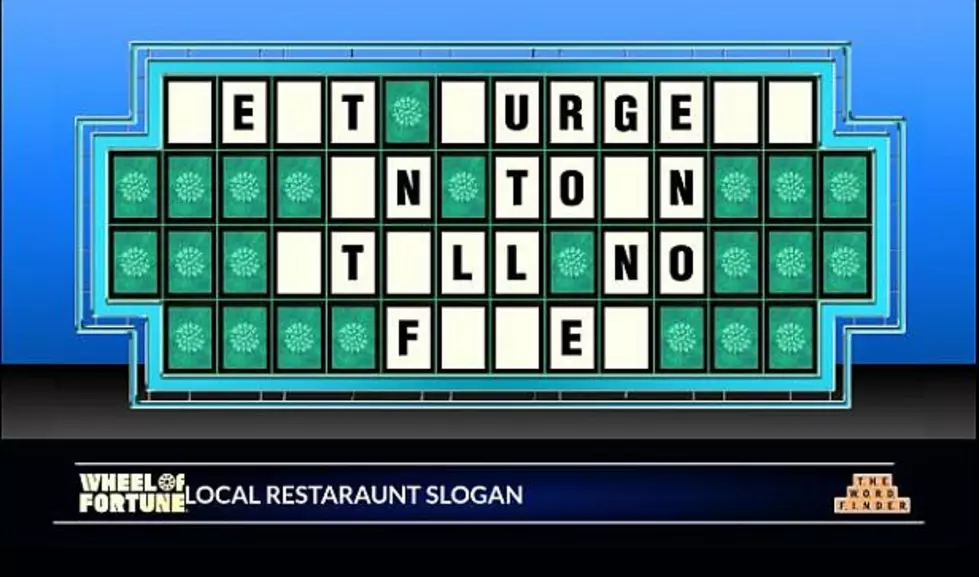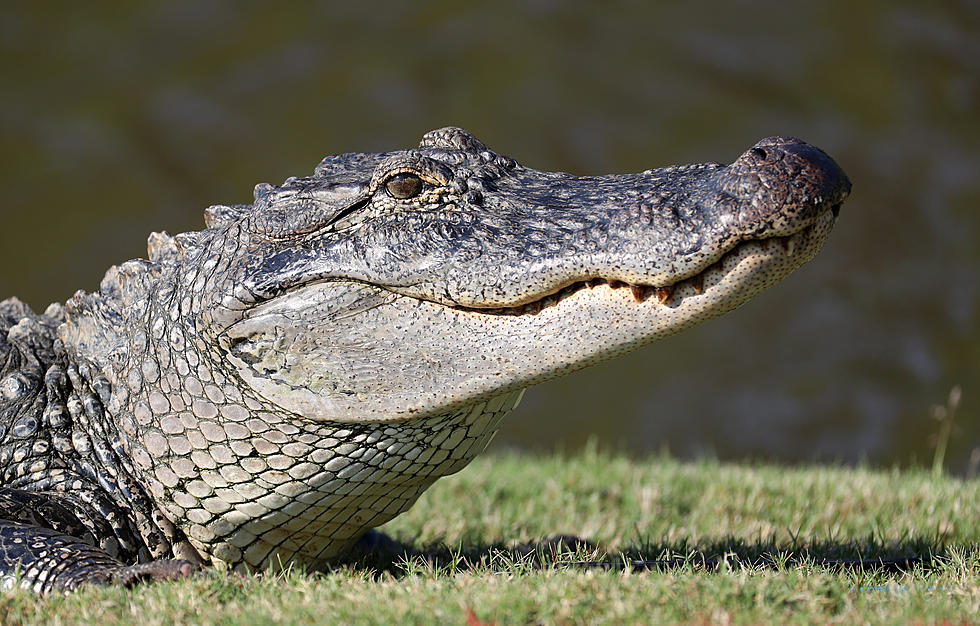![The Invaluable Role Cajun and Creole ‘Frenchies’ Played in Winning WWII [Video]](http://townsquare.media/site/33/files/2022/02/attachment-GettyImages-3289043.jpg?w=980&q=75)
The Invaluable Role Cajun and Creole ‘Frenchies’ Played in Winning WWII [Video]
During WWII, young Cajun and Creole soldiers suddenly found themselves in crucial, invaluable roles that quite literally helped obtain victory in Europe. Meet the "Frenchies".
Cajun and Creole Frenchies Of WWII
Historian and environmental consultant Jason P. Theriot has spent over 20 years conducting interviews and research to carefully document the French-speaking Cajuns and Creoles of World War II.
In 2005, Theriot released his book "To Honor Our Veterans: An Oral History of World War II Veterans from the Bayou Country, Volume III: The European Theater by Jason P. Theriot (2005-11-11)".
For the book above, Theriot conducted roughly 150 interviews with South Louisiana veterans.
Every so often he would speak with a veteran who would mention that being able to speak French turned out to be an unforeseen valuable skill in combat areas in French-speaking parts of the world.
What the U.S. military was discovering were French-speaking Cajuns and Creoles from Acadiana, many from the 156th Infantry Regiment.
These Cajun and Creole GIs then became known as "Frenchies", and the bilingual French-speaking skill they had been punished for using their entire life turned into one of WWII's greatest assets.
French Speaking Cajun Soldiers In WW2
After Theriot began to learn of the untold story of Louisiana's "Frenchies" role in WWII, he made the decision this was a story that had to be told.
During his research, Theriot found letters that Cajun and Creole GIs had written to family and friends while they were stationed in places like France, Belgium, and North Africa.
In these letters, soldiers expressed their joy and surprise at finding out how valuable their French was, not only to them but to their fellow soldiers and platoons as well.
Theriot told theadvocate.com in 2019 -
“The letters that I found years ago and have returned to … these 20-year-old GIs are writing back to their families and friends back home saying, ‘Hey, you won’t believe, but that language I was told was not useful, that French language that was beat down when I was a kid, has become invaluable. And you wouldn’t believe all the wonderful things that have happened to me since I’ve gotten here.”
(If reading that just brought a tear to your eye, it's OK. You aren't the only one.)
When Cajun and Creole soldiers arrived in French-speaking areas, at first they were a bit apprehensive to try and speak "their kind of French". Growing up in Acadiana in those times, they were told it was "bad French" and were punished and humiliated for speaking it.
However, they soon realized that they could understand everything being spoken in "proper French" in the areas they were stationed in.
Eventually, they began to communicate in French and discovered the locals understood them just fine.
To the surprise of the young Cajun and Creole GIs, their French was much better than they thought, and they were the only soldiers who could speak it.
Once their specialized, valuable skill was discovered by their superiors, Theriot tells theadvocate.com "They were either reassigned to a company headquarters to be a translator for some bigwig, or they were the unofficial translator of their particular unit".
The Cajun and Creole French-speaking GIs from Acadiana was from then on called "Frenchies" by their comrades and superiors.
Many of "the "Frenchies" were even used in Special Op Missions, parachuting behind enemy lines to organize civilian resistance in German-occupied France, Belgium, and North Africa.
After being made to kneel on rice as punishment for speaking French as children, after being made to write hundreds upon hundreds of lines stating "I Will Not Speak French In School", after being made to urinate on themselves in school because they didn't know how to ask to go to the bathroom in English...
Cajun and Creoles turned out to be some of the most valuable soldiers the United States had in WWII.
Jason P. Theriot has a wealth of information about the Cajun and Creole WWII soldiers.
He is currently finishing up his latest book "Frenchie": Stories of the French-Speaking Cajuns of World War II, and also hosts "The Frenchie Podcast" where he tells the incredible stories of the Cajun and Creole French-speaking soldiers of WWII.
Find out more about his podcast at jasontheriot.com.
Here is a one-hour story going into more detail about "The Frenchies".
KEEP LOOKING: See what 50 company logos looked like then and now
More From Classic Rock 105.1









